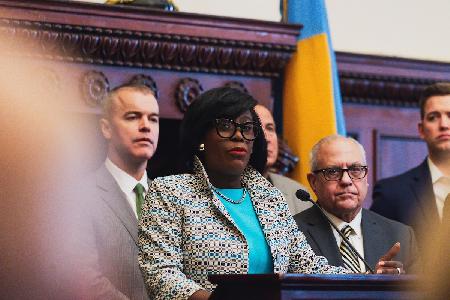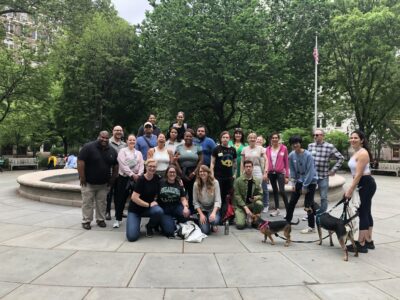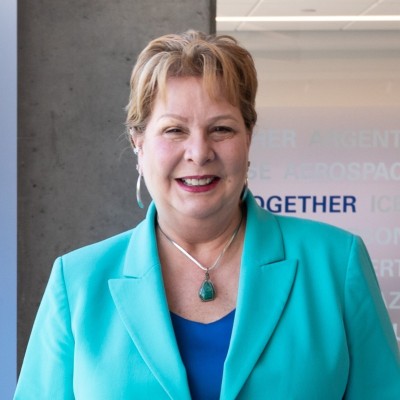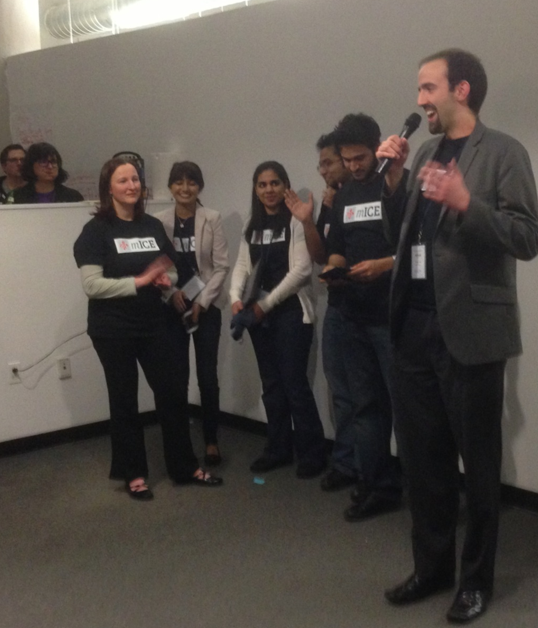
David Bendell (right) and his In Case of Emergency team accepted first place at Startup Weekend Health.
A secure mobile app, called In Case of Emergency or mICE, took top billing at Philadelphia’s second Startup Weekend Health. Doctors, developers, businessmen and spectators came together at the Callowhill incubator VentureF0rth for the 54-hour frenzy that featured one common goal: launch products and business that will improve health care.
“People wall themselves into their discipline, so our priority for this event is to bring clinicians, programmers, designers and business people, sit them in the same room and have them focus on problems in health care from 360 degrees,” said Ryan Vass, 28, an organizer of the event and graduate student at the University of Pennsylvania’s Wharton School.
Watch a video on the weekend and the winning team.
[vimeo 59926811 w=420 h=236]
You’ve heard of Startup Weekend, the global, Kauffman Foundation backed collection of business launch events, including more than 400 across 100 countries in 2011 alone. Now with a flurry of niche-specific versions, like this healthcare outpost, the model for Startup Weekend events is simple: pay for the chance to pitch an idea and get feedback from peers. As ideas get tossed around, attendees with similar interests partner together and begin the condensed processes of business model creation, coding, designing and market validation.
After two days of brainstorming and working diligently, a selected number of teams prepare presentations of strictly five minutes, followed by a two-minute session for questions from the judges.
In this second annual Startup Weekend dedicated solely to the unique problems of healthcare, 36 ideas were pitched to the roughly 90 people in attendance. The propositions ranged from web-based and mobile applications to physical items such as a pill bottle that can sense quantity levels. From there, 13 teams formed around the top ideas, which were selected by a popular vote.

About 90 attendees showed up to watch the final round of presentations at Startup Weekend Health.
Following the speedy round of pitches, the judges made their top three choices.
- In first place was In Case of Emergency, or mICE, which developed a personalized first-point-of-care treatment model to help patients receive timely, appropriate and cost efficient care, said founder David Bendell. The system comes in the form of an app that features a unique scanner code containing the patient’s medical information. It aims to reduce medical errors, typically on first response, by improving the coordination of care and also notifies emergency contacts of the incident via text message.
- In second place was U.S. Med Experts, a web-based platform that provides radiology reports from experts at top American institutions that can be translated to any language, along with a personal explanation from the doctor. “The goal is to provide a second opinion for people overseas,” said team leader José Morey, a radiologist at the Children’s Hospital of Pennsylvania. “It goes beyond global, though, because you can just stay at home and upload your images.”
- In third place was KnowMe, a mobile and web-based application that provides personalized profiles for nursing home residents to tailor to the resident’s needs or preferences while also preventing adverse outcomes compared to when such knowledge is not present. Its founder, Kerry McLaughlin, 21, a senior nursing major at the University of Pennsylvania, discovered that on her shifts she experienced difficulty when she felt she didn’t know her patients personally. “The main goal is to give elders a voice,” McLaughlin said. “Especially those that can’t verbalize their needs.”
Bringing the first Startup Weekend Health last year to Philadelphia was led by Elliot Menschik, the physician entrepreneur who cofounded Venturef0rth, is managing director of DreamIt Health and in May 2009 sold his health info startup HxTechnologies to MEDecision.
This report was done in partnership with Temple University’s Philadelphia Neighborhoods program, the capstone class for the Temple’s Department of Journalism.
Join the conversation!
Find news, events, jobs and people who share your interests on Technical.ly's open community Slack

Philly’s IT department fires long-tenured staff amid a high-level shakeup of priorities

Why is it so hard to find entry-level software engineering jobs?

Philly ‘tech walks’ encourage professionals to parade the streets — to build their networks

